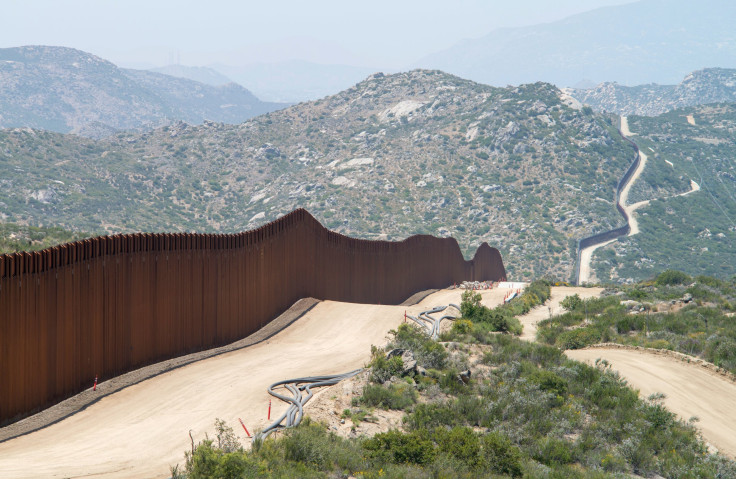
A federal appeals court this Wednesday extended the block of SB4, the Texas law allowing the arrest and deportation of migrants who cross illegally into the state. The decision means that the measure can't go into effect while the litigation continues.
The three-judge panel who comprise the 5th U.S. Circuit Court of Appeals issued a divided, 2-1 ruling. Writing for the majority, Judge Priscilla Richman said that "for nearly 150 years, the Supreme Court has held that the power to control immigration — the entry, admission, and removal of noncitizens—is exclusively a federal power."
Richman also cited part of a Supreme Court ruling that blocked a similar, restrictive law attempted by Arizona in 2012, popularly known as "show me your papers."
She added that despite the state's criticism of the federal government's "actions and inactions" on immigration, it's up to the administration to "decide whether, and if so, how to pursue noncitizens illegally present in the United States."
Richman's opinion was supported by Judge Irma Carrillo Ramirez, while Judge Andrew Oldham voted in favor of the law going into effect. Oldman and Richman are Republican appointees, Ramirez being a Democratic one.
SB4 was briefly in effect last Tuesday after the Supreme Court lifted a stay allowing it to go ahead while the broader legal battle continued. Liberal justices Ketanji Brown Jackson, Elena Kagan and Sonia Sotomayor had disagreed about letting the law go into effect. However, the appeals court blocked it shortly after and began with the hearings. According to NBC News, Texas could potentially ask now the Supreme Court to allow the law to go into effect.
Meanwhile, the appeals court is set to hold another hearing on the issue on April 3. The first one, which took place on March 20, saw Texas' Solicitor General Aaron Nielson saying that the state "has a right to defend itself," and added that the court acknowledged that "sometimes those associated with the cartels cross over the border with malicious intent."
Nielson's core argument is that SB4 mirrors federal law. When told that states don't have police power to remove people from the U.S., he said that while that is "certainly true," what the law does is "you get the order from the judge, and the person is taken to the port of entry."

"What we're trying to do is to make sure that Congress, who sets the national immigration laws, that those laws are followed, and to the extent that we can't enforce federal law, which we're not claiming to do, we have laws that are the same as that with respect to these important provisions," he added.
Justice Department lawyer Daniel Tenny, in contrast, rejected the argument that the government isn't properly enforcing immigration laws. He added that the Supreme Court has "consistently recognized" that immigration enforcement "is reserved for the national government."
SB4 allows state authorities to arrest and potentially deport migrants who cross the border unlawfully. Concretely, they can identify, apprehend, and prosecute people under suspicion of having entered the country without authorization.
In addition, it classifies these illegal crossings as a Class B misdemeanor that carries a penalty of up to six months in jail. Migrants who don't leave and are arrested again could face more serious charges.
© 2025 Latin Times. All rights reserved. Do not reproduce without permission.





